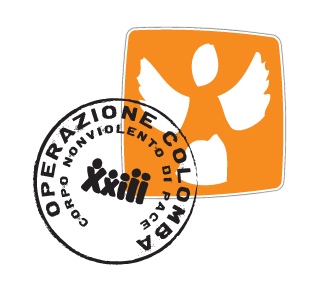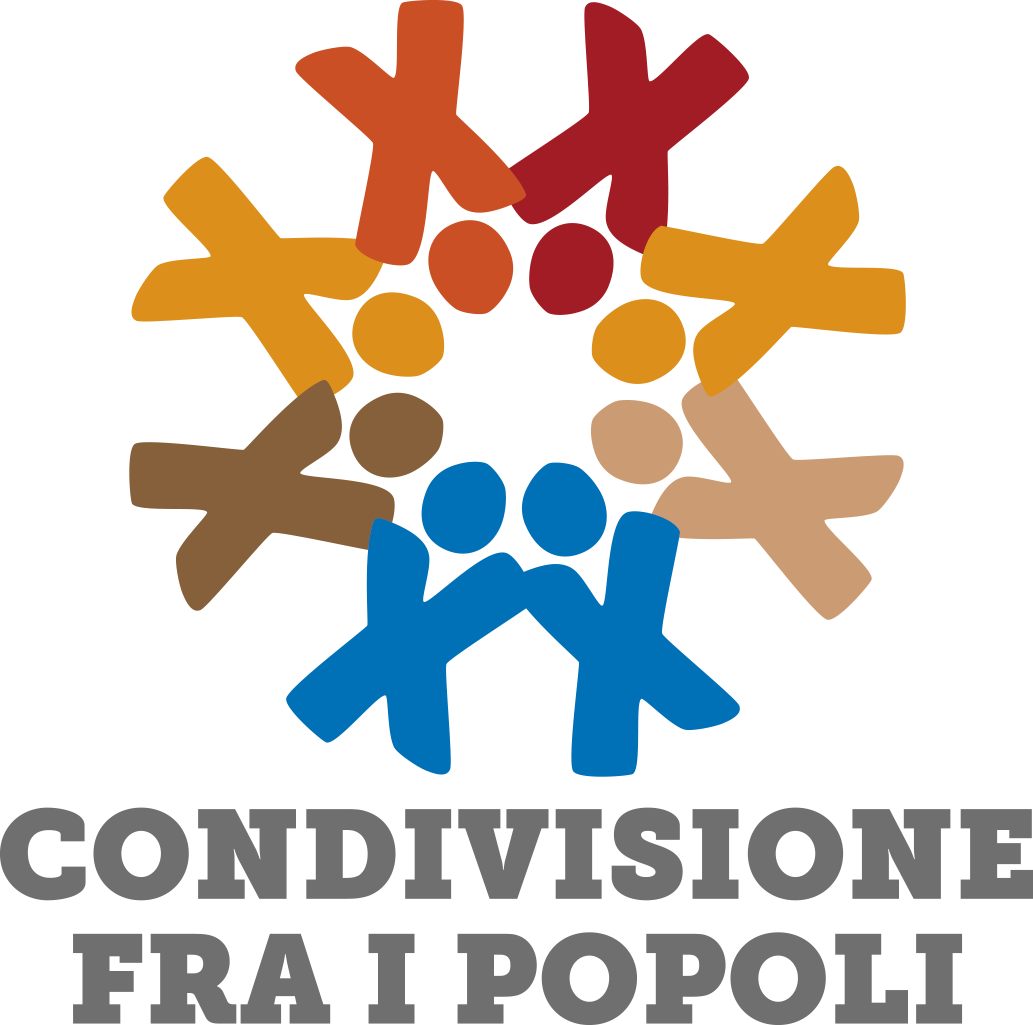To carry out our projects, we prepare long and short-term volunteers (from one to more years and from one to six months respectively), selected through training periods in Italy, and "white helmets" through the international civilian service.
Everyone who believes that nonviolence is the way to get Peace can take part to our projects.
To become our volunteer you should have come of age and be willing to take part in our training course, experience nonviolence in armed conflict zones and live in a team group.
Our intervention method is based on the following main principles:
1) Direct sharing the situations of danger, distress and precariousness in which the victims of armed conflicts find themselves. We as peacekeepers selflessly choose to live in the same conditions as civilians in war, exposing ourselves to the risks of the conflict in order to create contacts with the parties and build a deep relationship of trust with them.
2) Nonviolence enables us to support the victims in a process of struggle against the injustices suffered without creating further ones. Through nonviolence, the victims of all the parties in conflict can abandon the plan to take revenge that feeds the spiral of violence and become active participants of the conflict resolution process without turning into executioners. In addition, the volunteers use nonviolence to lower the level of tension between the parties and to awaken the conscience of those who have chosen the armed struggle.
3) “Equi-proximity” requires, where it is possible, to apply the tool of direct sharing with all the parties in conflict. In this way, we can gain the credibility necessary to enable the construction of a dialogue and a future reconciliation between the parties. “Equi-proximity” also enables us as volunteers to carry out monitoring operations to denounce Human Rights violations committed regardless of which party was responsible for them.
In the middle of the war, the presence of international, neutral and unarmed teams serves as a deterrent against violence on civil populations. In this way, we protect civilians’ basic human rights and enable people satisfy their basic needs.
Moreover, our method of intervention can promote a rapprochement between the parties by transforming the perceptions they have of each other.

 OPERAZIONE COLOMBA
OPERAZIONE COLOMBA
